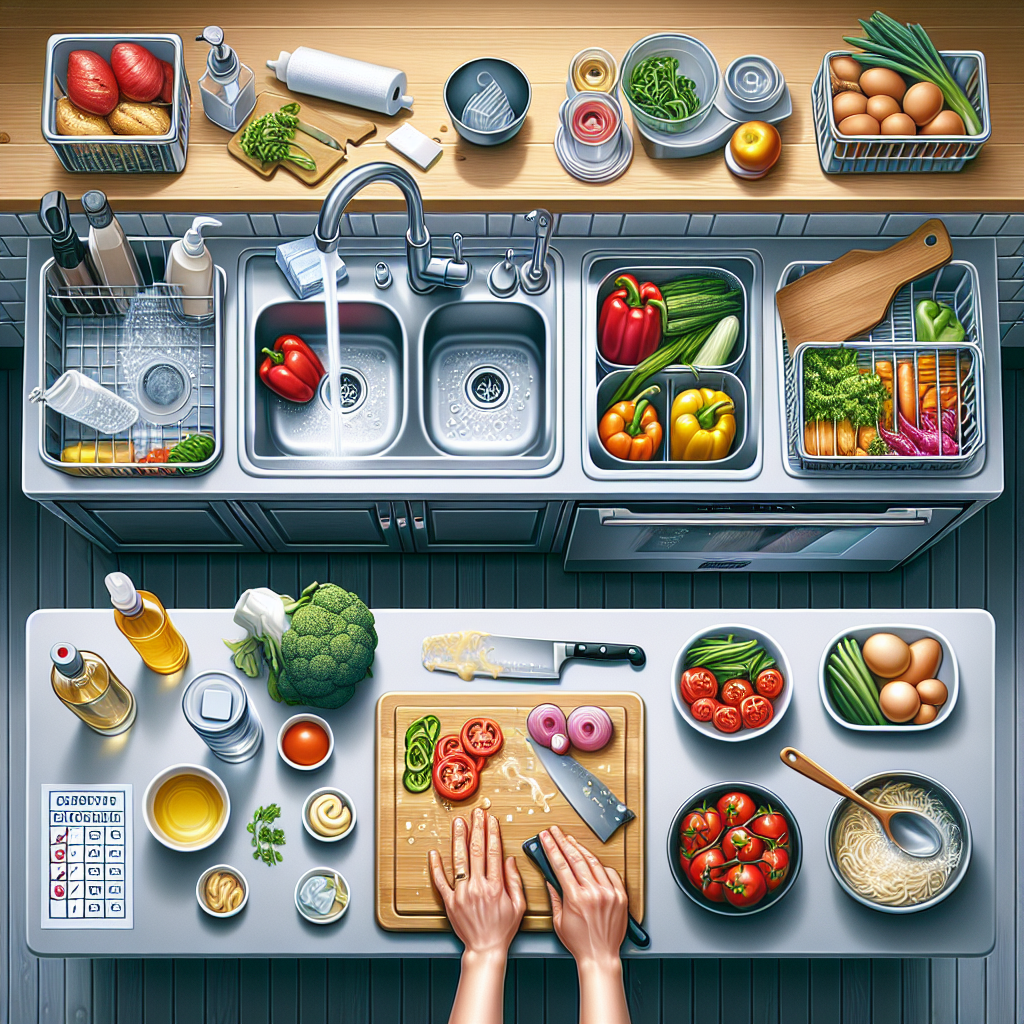1. Wash your hands: The first and most important step in preventing foodborne illnesses is to wash your hands thoroughly with soap and water before and after handling food. This simple act can help prevent the spread of bacteria and other contaminants that can make you sick.
2. Keep raw and cooked foods separate: It’s crucial to keep raw meats, poultry, seafood, and eggs separate from ready-to-eat foods like fruits, vegetables, and cooked dishes to prevent cross-contamination. Use separate cutting boards, utensils, and containers for raw and cooked foods, and be sure to wash them in hot, soapy water after each use.
3. Cook foods to the proper temperature: Cooking food to the proper temperature is essential for killing harmful bacteria and preventing foodborne illnesses. Use a food thermometer to ensure that meat, poultry, seafood, and eggs are cooked to the recommended internal temperature to eliminate any bacteria that may be present. Follow the guidelines provided by the USDA for safe cooking temperatures.
4. Store food properly: Proper storage of food is essential for preventing the growth of harmful bacteria. Keep perishable foods like meat, poultry, seafood, and dairy products refrigerated at or below 40 degrees Fahrenheit to slow the growth of bacteria. Use airtight containers to store leftovers in the refrigerator and consume them within a few days to prevent spoilage.
5. Clean and sanitize surfaces regularly: Keeping your kitchen clean and sanitized is key to preventing the spread of bacteria and other contaminants. Use hot, soapy water to clean countertops, cutting boards, utensils, and other surfaces that come into contact with food. Use a mixture of bleach and water to sanitize surfaces and kill any remaining bacteria.
By following these five essential tips, you can ensure food safety in your kitchen and reduce the risk of foodborne illnesses. Taking the necessary precautions to prevent contamination and spoilage will help you and your family stay healthy and enjoy delicious meals without worry.

